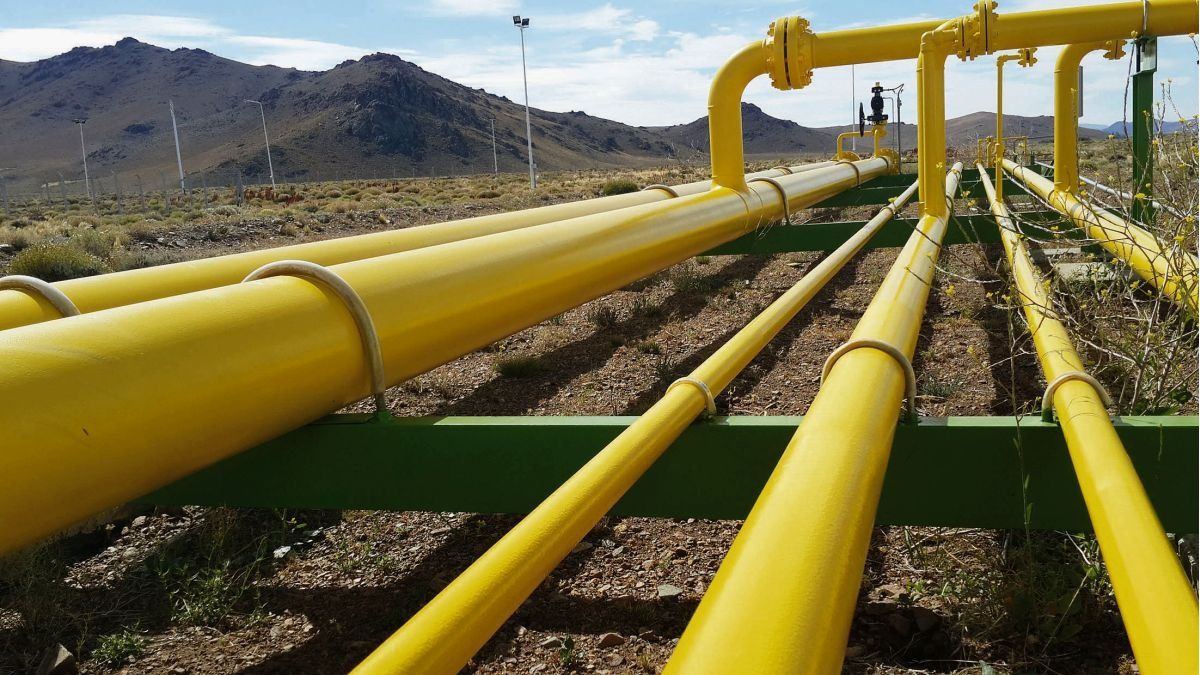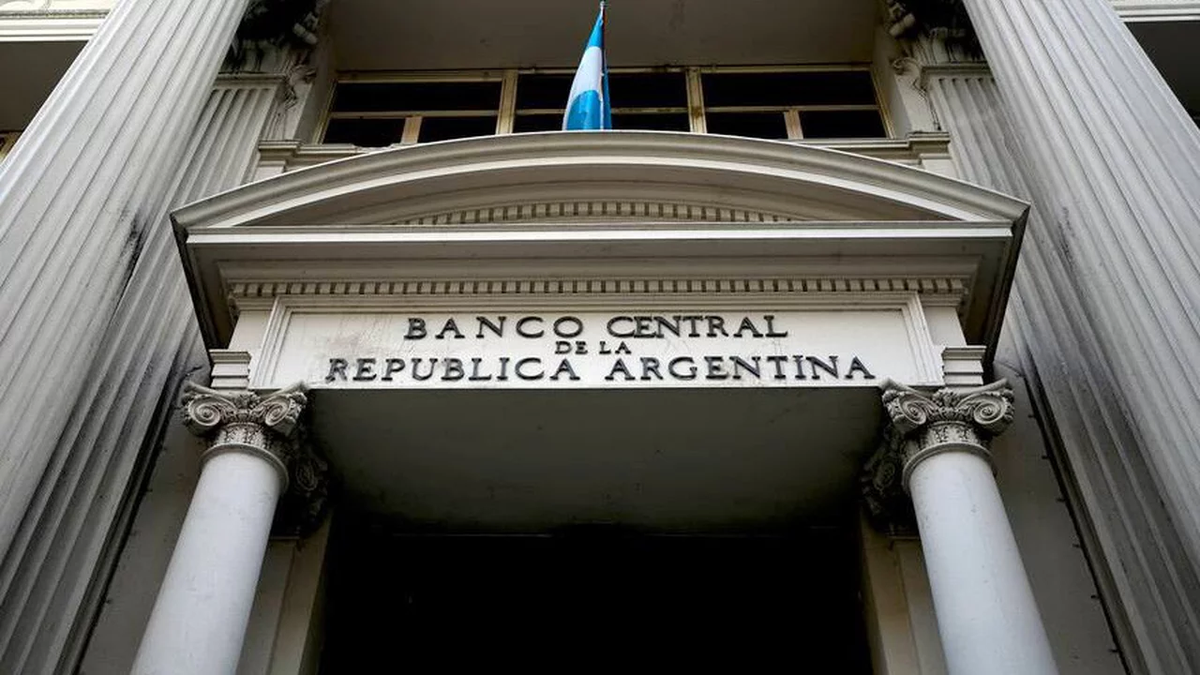One of those resignations was Antonio Pronsato, who was in charge of the Executing Unit from February to May of this year, when he left due to delays in the start of the works. Before the Justice he denied any type of irregularity or acts of corruption.
The fuse was lit by Vice President Cristina Fernández de Kirchner when she questioned, in front of President Alberto Fernández, the delay in the work and insinuated that there was an intention to favor the Techint company.
That accusation motivated the now former Minister of Productive Development, Matías Kulfas, to shoot an off towards journalists, responding to the vice president and criticizing the officials who respond to him, accusing them of being responsible for a landslide in energy policy. Kulfas finally had to resign.
And in the framework of the open case in Justice, he also declared that there were no acts of corruption, and that his statements were linked more to personal anger than to alleged irregularities.
The construction of the Presidente Néstor Kirchner Gas Pipeline was described as “the most important work in gas transportation in the last 40 years”. According to official estimates, it will allow substituting imports and saving foreign exchange for more than US$3.4 billion in the first stage and for more than US$6.0 billion when stage 2 is completed, in 2024. Only in fiscal matters will it represent relief US$3 billion in the first stage and US$5 billion in the second stage.
To move forward with the work, the public company Energía Argentina approved the contract that it will sign with the Investment and Foreign Trade Bank (BICE) to form an administration and financial trust for the Argentine Gas Development Fund (Fondesgas) that will build the gas pipeline.
The former Ieasa specified that the trust will manage the assets of President Néstor Kirchner, but also the rest of the works of the Transport.AR Gas Pipeline System. As detailed by Energía Argentina, the trust assets will be the funds derived from Law 27,605, known as the Solidarity Contribution, the income from the trust assets, the gas transportation service, the funds received by Transport.AR, the specific funds of the Secretariat of Energy, and any other fund designated for this work.
The gas pipeline will allow in its first stage to increase the transportation capacity by 24 million cubic meters (m3) of gas per day from the Vaca Muerta formation to different locations in the center of the country. The objective is to replace fuel imports and strengthen the supply of electricity generation users and plants that supply the Buenos Aires Metropolitan Area.
In this first stage, which will extend over 558 kilometers, will require an estimated investment of US$1.5 billion and will link the towns of Tratayén, in Neuquén, with Salliqueló, in the center-west of Buenos Aires, and later in a second stage will extend to the south of the province of Santa Fe. In the future it is planned to connect with the industrial pole of southern Brazil.
Source: Ambito
David William is a talented author who has made a name for himself in the world of writing. He is a professional author who writes on a wide range of topics, from general interest to opinion news. David is currently working as a writer at 24 hours worlds where he brings his unique perspective and in-depth research to his articles, making them both informative and engaging.




